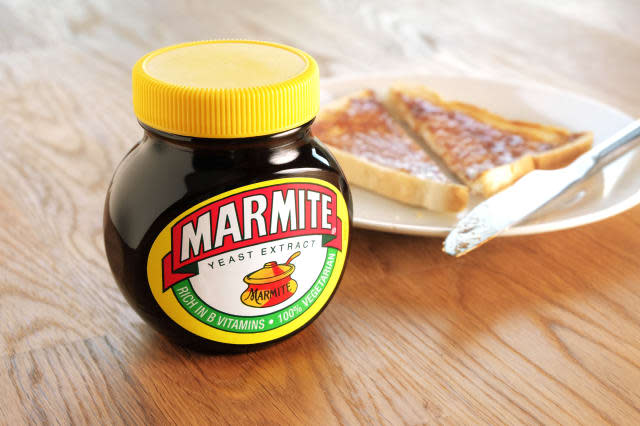Dementia and diet - what to eat and what to avoid

While there is no single food that causes or prevents dementia, researchers have found some interesting links between diet and the disease. Here's what you might want to consider eating - and avoiding.
See also: People 'frequently misdiagnosed with common types of dementia'
See also: Eight hidden signs of dementia
Bad: Too much sugar
Eating too much sugar could increase your risk of developing Alzheimer's disease, according to a study published in the journal Scientific Reports. Researchers say that excess sugar damages a vital enzyme involved with the body's inflammation response to the early stages of the disease.
Scientists looked at brain samples of 30 people with and without the disease and found a link between Alzheimer's and glycation, a modification caused by high blood sugar levels.
Dr Omar Kassaar, of the University of Bath, said: "Excess sugar is well known to be bad for us when it comes to diabetes and obesity, but this potential link with Alzheimer's disease is yet another reason that we should be controlling our sugar intake in our diets."
Good: Marmite
If you're firmly in the 'hate' camp when it comes to Marmite, you might want to give it another chance. Researchers have found that eating the savoury spread could help to keep the brain healthy.
Researchers claim that eating a daily teaspoon of the stuff calms the brain's response to visual stimuli, potentially reducing the risk of neurological diseases.
Scientists at York University studied 28 adults who were given either Marmite or peanut butter every day for a month. The volunteers were shown flickering images and had their brain activity measured. Those who ate Marmite showed less frantic brain activity than those who ate peanut butter.
Researchers think that the vitamin B12 in Marmite may help to fuel the production of GABA - a neurotransmitter which effectively "calms" the brain by inhibiting the excitability of neurons associated with neurological disorders including Alzheimer's, epilepsy, autism and Parkinson's.
Bad: Saturated fat
Having high blood pressure and heart disease both put you at greater risk of developing dementia. To keep your heart and circulation healthy, watch your cholesterol levels and limit your intake of saturated fat, as too much can cause narrowing of the arteries making heart attack or stroke more likely. That means cutting back on butter, lard, pies, cakes, biscuits, sausages, bacon, cheese, and cream.
Good: Mediterranean diet with oily fish
Experts recommend eating a Mediterranean diet with plenty of fresh fruit and vegetables to reduce your risk of developing Alzheimer's disease later in life.
The typical Mediterranean diet contains a low proportion of dairy products, meat, saturated fat, sugar and processed foods – and lots of oily fish, nuts, seeds and olive oil, in addition to antioxidants and phytochemicals found in fresh fruit and vegetables.
While there is no one food that can prevent Alzheimer's, research shows that people who regularly consume oily fish - or other sources of omega-3 fatty acids such as flaxseed - are less likely to develop the disease.
Bad: salt
Eating too much salt is one of the main causes of high blood pressure, known to increase your risk of dementia. Adults should also consume no more than 6g of salt a day – yet most of us eat more. Cutting back can be difficult since most of the salt we eat is contained in processed and packaged foods. Check food labels – less than 0.3g salt per 100g is low salt, more than 1.5g per 100g is high.
Good: Blueberries
Blueberries are one of the most potent foods when it comes to protecting the brain, particularly as we get older. One six-year study of older patients found that eating berries every day may help to delay brain ageing by up to 2.5 years.
Oxidative stress can accelerate the brain's ageing process and experts believe that the high level of polyphenols in blueberries can help to prevent cognitive decline.
Blueberries are bursting with antioxidants, which help neutralize some of the free radicals that cause damage to our DNA, responsible for ageing and involved in the development of diseases like cancer.



